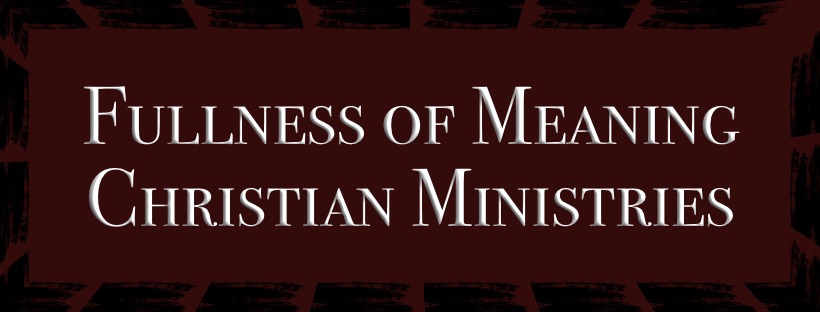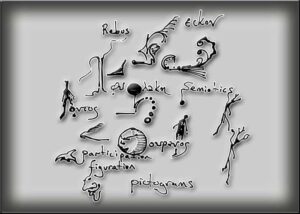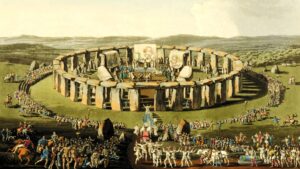“The Johannine writings of Revelation exemplify a genius literary mechanism called ‘parataxis’. Parataxis omits subordination of conjunctions therefore allowing equal themes to be threaded together into a potential meshwork of Genius, namely found in Revelation. John was given a Greek culture by which ideas were conveyed. The Greek language by and large were single-surgical-sentiments developed up to the fullness of the age by which John lived. The strength of the atomic Greek was conjoined by the Hebrew mind of John, in other words – “pictographic”. Having both rules of Indo European and Semeticisms intereplayed, Parataxis allowed John to convey a “Tree” of apacalyptic writing. Branch laid on top of branch; root to stem – branches, etc. Finally, we conclude that Apocalyptic writing is not *just* futurative but ‘collective’. The ‘collective’ Scripture of John’s Apacalypse brings connectivity, coherency, contiguity, and teleology to a seamless Theology”.






